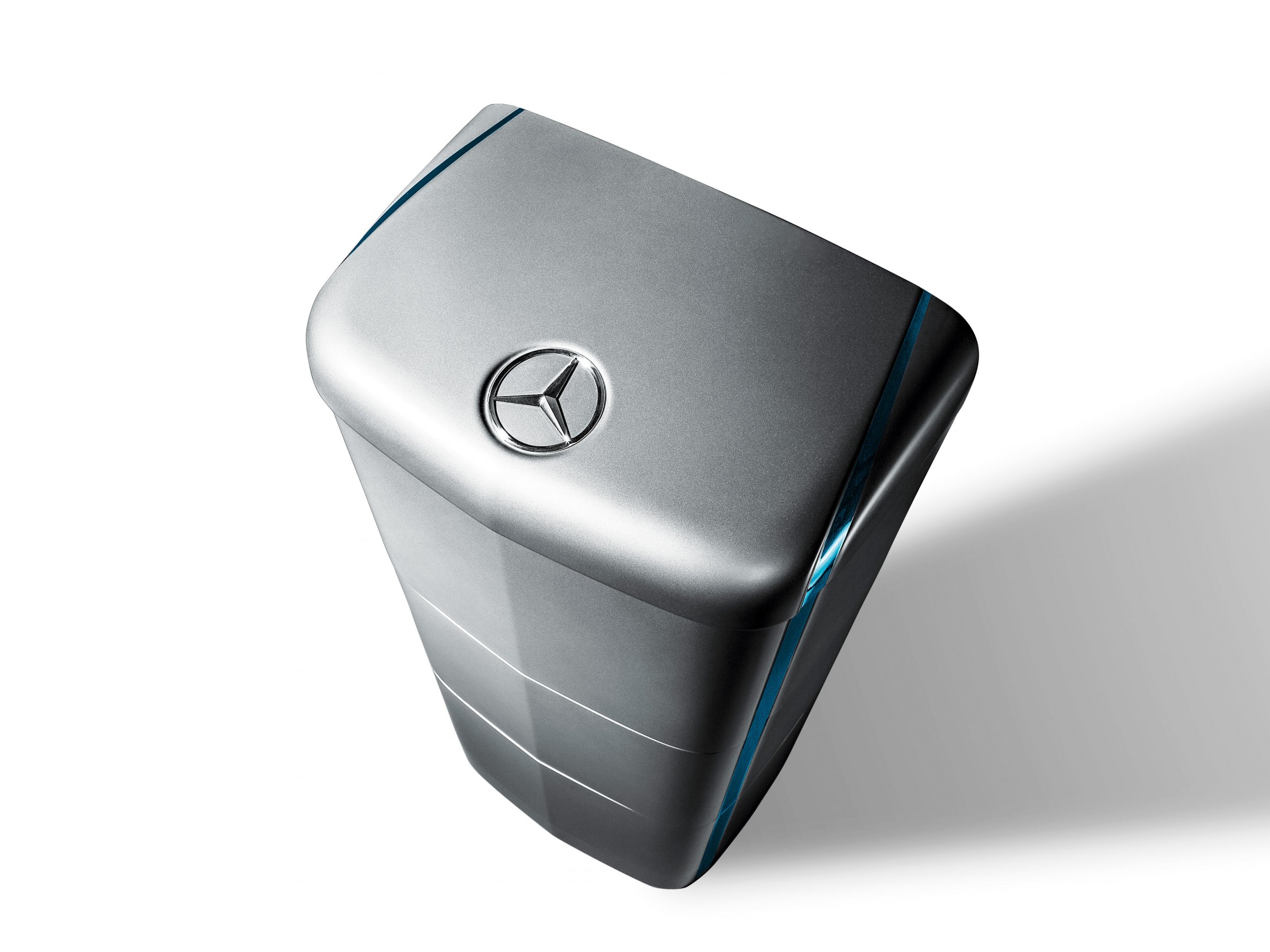Now Reading: Mercedes reveals cost of its at-home battery
-
01
Mercedes reveals cost of its at-home battery
Mercedes reveals cost of its at-home battery

A lot has actually been spoken about the various advantages of Mercedes’ at-home battery, but without clear information on the cost it’s been difficult to genuinely compare it to rivals like Tesla.
Mercedes has been hush about the cost because it does not sell the battery directly to consumers. As an outcome, the decided retail price is figured out by the distributor.
But a Mercedes spokesperson informed Tech Insider that the system for a conventional family house expenses in between $9,000 and $10,000, consisting of the price of the inverter and installation.
Mercedes released its battery in last year in Germany and is seeking to roll it out in other European markets. The 66-pound, modular battery stores 2.5 kWh of energy, with the ability to stack eight devices for 20 kWh of storage.
The average individual in the United States utilizes 30 kWh each day.
Tesla’s 200-pound Powerwall posses 6.4 kWh of energy, but you can stack 9 Powerwalls together for nearly 58 kWh worth of energy capacity. A single Powerwall device costs $3,000, but that number can amount to more than $7,000 when consisting of the cost of setup and an inverter, as per a Bloomberg report.
Tesla and Mercedes aren’t the only ones providing at-home battery options. Nissan recently revealed its own rechargeable house battery, called xStorage. The battery costs approximately $4,500 for 4.2 kWh of energy storage, and it consists of the rate of installation.
Start-up Orison is likewise making its way into the area with its lightweight battery panel that weighs below 40 pounds. One panel holds just 2.2 kWh of energy, however you can connect up to 5 panels together for 13.2 kWh of power.
Stay Informed With the Latest & Most Important News
Previous Post
Next Post
-
 01Polestar Boss Says It’s Time To Outrun BMW M And Mercedes-AMG
01Polestar Boss Says It’s Time To Outrun BMW M And Mercedes-AMG -
 02Spy Shots: 2027 Mitsubishi Pajero Spotted in Testing Ahead of Possible U.S. Return
02Spy Shots: 2027 Mitsubishi Pajero Spotted in Testing Ahead of Possible U.S. Return -
 032026 Toyota Hilux EV: A Powerful Truck with Silent Torque
032026 Toyota Hilux EV: A Powerful Truck with Silent Torque -
 042026 Corvette ZR1 Production Surges Past Expectations as Output Clears 1,000 Units
042026 Corvette ZR1 Production Surges Past Expectations as Output Clears 1,000 Units -
![2027 Mercedes-Benz S-Class Debuts with V8 Engine [Photo Gallery]](https://speedlux.com/wp-content/uploads/2026/01/2027-Mercedes-Benz-S-Class-33-155x125.jpg) 052027 Mercedes-Benz S-Class Debuts with V8 Engine [Photo Gallery]
052027 Mercedes-Benz S-Class Debuts with V8 Engine [Photo Gallery] -
 06Spy Photos: VW ID. Polo GTI Goes Electric with 223 HP and 280 Miles of Range
06Spy Photos: VW ID. Polo GTI Goes Electric with 223 HP and 280 Miles of Range -
 07Hyundai Palisade’s Breakout Year Shows How Quickly the Market Can Turn
07Hyundai Palisade’s Breakout Year Shows How Quickly the Market Can Turn



![2027 Mercedes-Benz S-Class Debuts with V8 Engine [Photo Gallery]](https://speedlux.com/wp-content/uploads/2026/01/2027-Mercedes-Benz-S-Class-33-700x394.jpg)









































